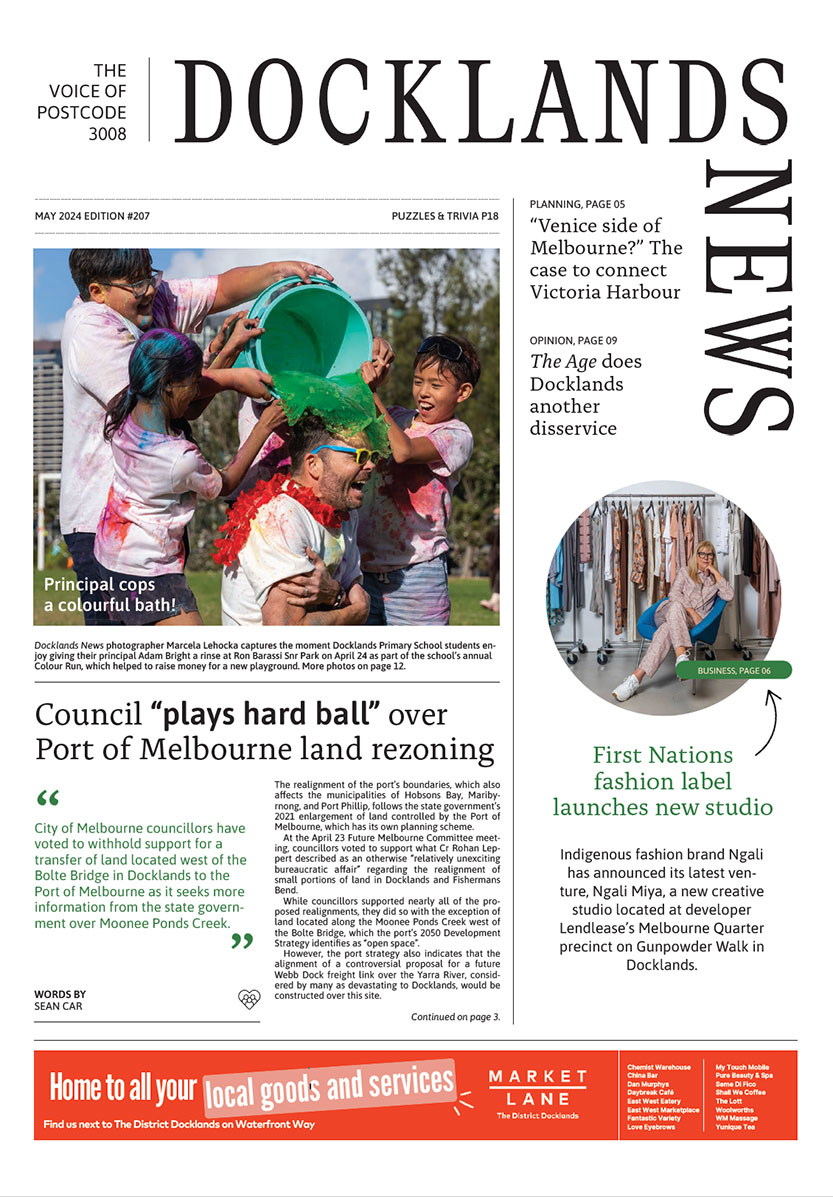Either confess your sins to the insurer, or risk your policy being rendered as “junk insurance”.
Either confess your sins to the insurer, or risk your policy being rendered as “junk insurance”.
Of all the issues being raised in the public eye following the evacuation of Mascot Towers in Sydney due to structural engineering concerns, one issue in particular is troubling me greatly.
The owners corporation (OC) held a policy of insurance for alternative accommodation to be paid out should there be such an event that triggered the claim.
However, the insurer denied the claim on the basis that the OC hadn’t disclosed the full extent of the structural engineering concerns to the insurer when the policy was renewed.
Given that there are 122 apartments in the block (at a cost of $200 per night for alternative accommodation) the insurer is saving itself nearly $25,000 per day (and over $400,000 at the time of publishing this article).
Because of the insurer’s stance, the NSW State Government has made the extraordinary step of offering an interest-free loan to the residents to cover their alternative accommodation, but there is no guarantee this will be provided to any other building should this happen in the future.
What will rankle with each and every owner and resident in the building is that they have paid a high sum of money for their insurance premium, but because of the insurer’s stance they have been left high and dry and without insurance coverage at this very important time.
And here in Melbourne, another residential high-rise building overlooking Southern Cross Station was evacuated last month due to an issue that short-circuited the building’s power and heating. There is no word yet as to whether the insurer is going to accept that particular claim for the residents’ alternative accommodation costs, as this particular claim is still being researched by the insurer.
Elsewhere, in Cannonvale, Queensland, an OC suffered extensive damage as a result of tropical cyclone Debbie in March 2017. The insurer had, only a few days before the cyclone, issued a residential strata insurance policy, as it had been up for renewal.
After the cyclone damage and after the claim had been notified, it became apparent when the insurer searched records that there may have been pre-existing defects in the building to the common property eaves and soffits, as well as to the trusses and tie downs of the building.
The insurer claimed that the non-disclosure of these defects by the OC at the time of renewal meant that the insurer could reduce its liability to “$nil” based on non-disclosure and misrepresentation.
This matter is now being determined in the Federal Court, to test whether insurers can reduce their liability to nil if an OC has not disclosed material facts and circumstances about their building, pursuant to Section 28 of the Insurance Contracts Act 1984. Or, whether an insurer is obliged to nevertheless process the remainder of the claim, and reduce the total by a certain percentage or formula.
There is an emerging pattern of evidence that is suggesting that insurers are seeking to decline major insurance claims on the grounds of non-disclosure of matters that might heighten the building’s risk.
In my view, committees need to ensure that when the OC manager is renewing insurance, it should insist on a meeting with the broker, OC manager and committee (and take notes at that meeting) so that each and every relevant matter can be disclosed to the broker. If there is not clear evidence of this process, there is every chance that in the event of a major claim, the building might not get its claim approved.
The practice of many OCs is for the broker and the OC to simply “arrange” for insurance between themselves. Often, the entire arrangement is simply done by exchange of email or over telephone. In my view, this practice needs to cease. At the moment, insurers get to have it both ways, by acting “casual” when it comes to arranging insurance renewals, but then act formally and forensically when it comes to processing the claims that arise.
OC managers are indemnified by the OC if they don’t manage this process properly, so the only guarantee that an OC has that it can be confident of insurance coverage is for the committee to have direct input and oversight.
- Tom Bacon, State Title Lawyers

Council “plays hard ball” over Port of Melbourne land rezoning








 Download the Latest Edition
Download the Latest Edition
